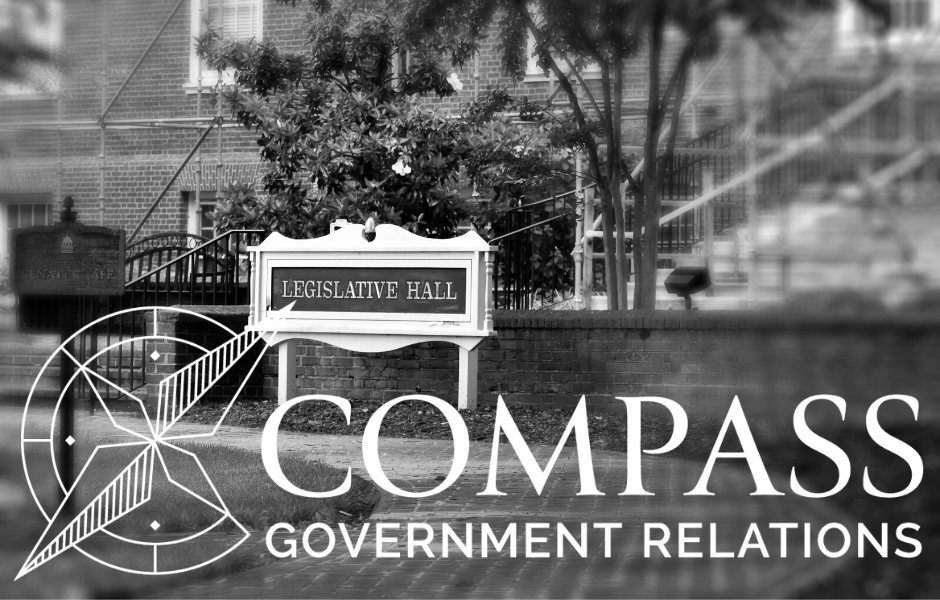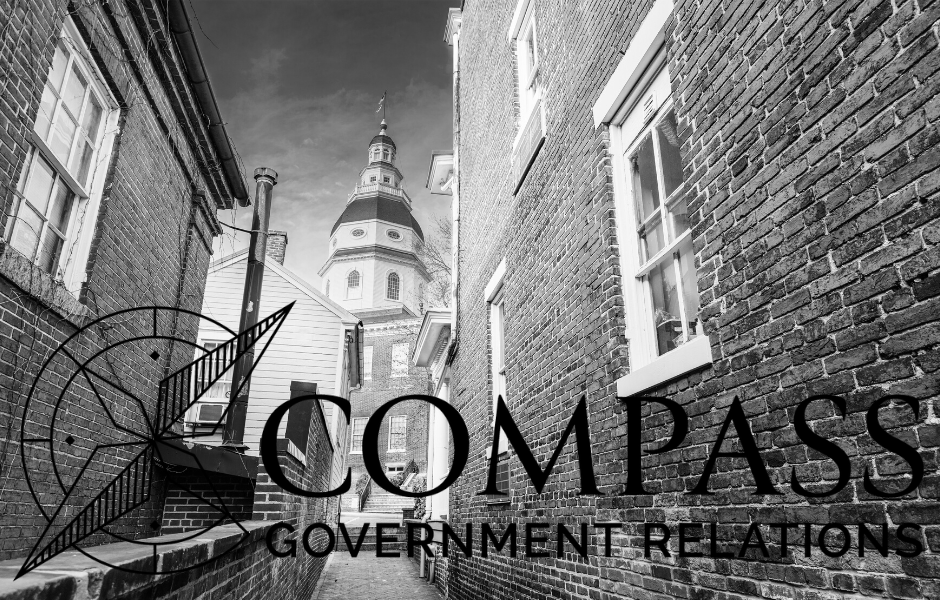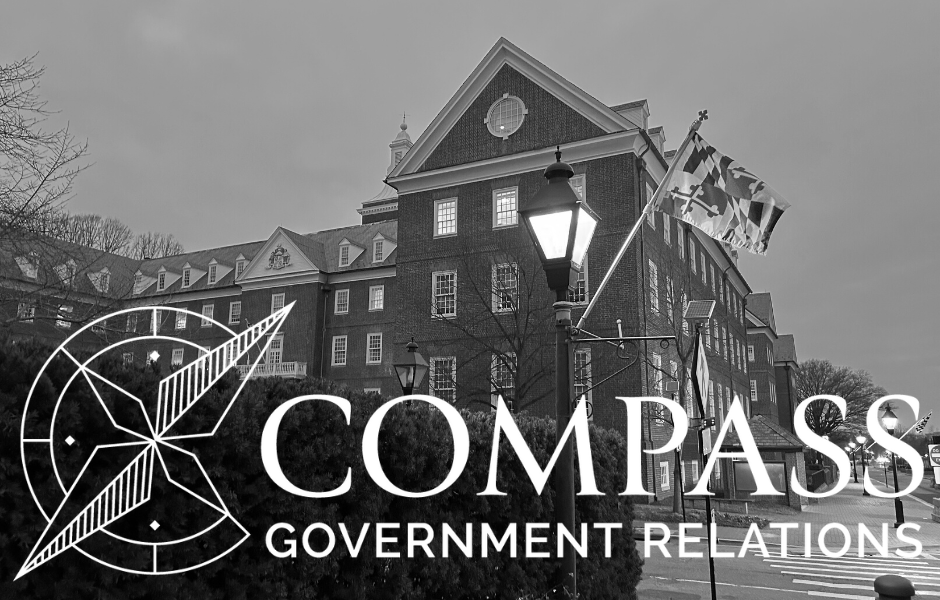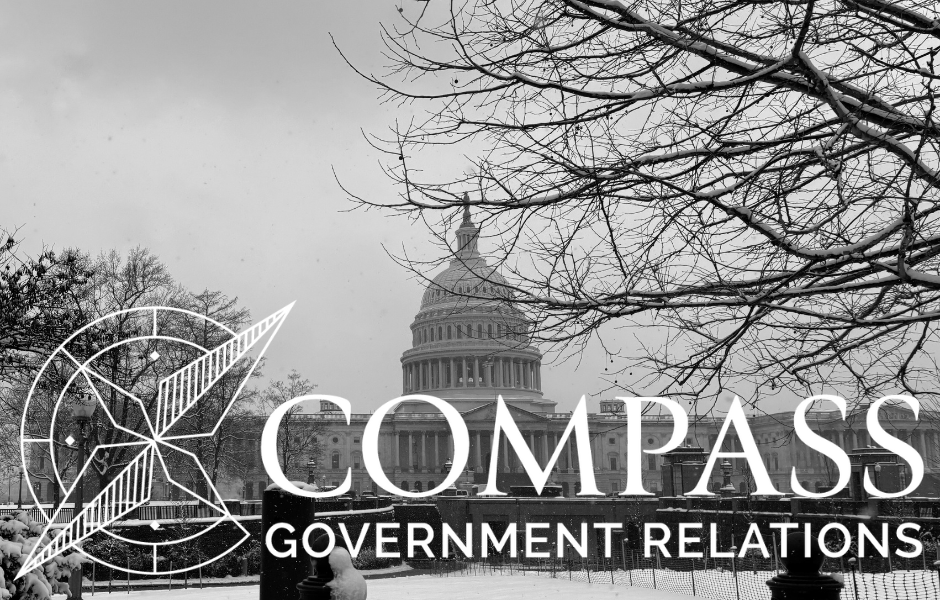As AI technology keeps evolving, states like Maryland, Delaware, Pennsylvania, and Washington, D.C. are stepping up with new rules and oversight. In this issue, we’ll look at how these states are working to ensure AI is used ethically and responsibly while still encouraging innovation. Stay tuned for the latest updates on how different regions are shaping the future of AI regulation.
Federal Government
H.R. 2575 – AI in Government Act of 2020
Passed in the House in 2019
The AI in Government Act of 2020 established the AI Center of Excellence within the General Services Administration (GSA), a key step in advancing AI adoption across federal agencies. The Center’s mission is to promote the use of AI technologies in government, foster collaboration and expertise within federal agencies, and ultimately enhance the efficiency and productivity of government operations for the benefit of the public.
Biden’s Executive Order: Safe, Secure, and Trustworthy AI
News Release: November 12, 2024
In support of the AI in Government Act, the Biden administration has made significant strides in AI policy with its Executive Order on the Safe, Secure, and Trustworthy Development and Use of Artificial Intelligence. One notable action is the U.S. Office of Personnel Management (OPM) highlighting its key initiatives to recruit, hire, and train AI talent across federal agencies. These efforts are designed to align with the goals of the AI in Government Act and ensure that the U.S. government is well-equipped to manage and leverage AI technologies safely and effectively.
Maryland
Artificial Intelligence Governance Act of 2024
Under the Artificial Intelligence Governance Act of 2024, Maryland is taking important steps to establish a structured approach to AI in government. The law mandates that each state agency conduct inventories and assessments of their AI systems by specific deadlines. It also requires the Department of Information Technology to develop policies and procedures for the development, procurement, and deployment of AI systems. These rules are intended to ensure that AI is used responsibly, with adequate oversight and safeguards.
Governor’s Executive Order on AI
In addition to the legislative measures, Maryland’s Governor’s Executive Order on AI created the Governor’s Artificial Intelligence Subcabinet, a coordinating body responsible for overseeing the implementation of AI policies and initiatives across the state. The Subcabinet will work to ensure that Maryland’s AI advancements are safe, secure, and aligned with ethical standards while fostering innovation and economic growth.
Delaware
Delaware Artificial Intelligence Commission
Delaware recently established the Delaware Artificial Intelligence (AI) Commission, which is tasked with advising the General Assembly and the Department of Technology and Information on AI utilization and safety across the state. The Commission’s responsibilities include conducting an inventory of Generative AI usage within Delaware’s executive, legislative, and judicial branches, identifying high-risk areas for AI implementation, and making recommendations for safe and effective AI deployment.
The Commission held its first meeting on July 24, marking an important milestone in the state’s efforts to develop responsible AI practices. More than 40 attendees gathered at the Department of Technology and Information in Dover, including 23 state officials, lawmakers, and experts, all working together to provide guidance on the ethical and efficient use of AI. This group aims to draft guidelines, policy recommendations, and risk assessments to ensure AI is used safely within state agencies. Read more here.
The Delaware AI Commission will operate for 10 years from its creation, with the possibility of an extension by the General Assembly if needed. Its work will play a critical role in shaping the future of AI governance in Delaware, balancing innovation with caution and responsibility.
Pennsylvania
Governor Shapiro’s Executive Order
In an effort to ensure Pennsylvania is at the forefront of AI innovation and responsible governance, Governor Josh Shapiro launched an initiative in partnership with Pennsylvania State University (PSU). This collaboration with PSU’s Center for Applications of Artificial Intelligence and Machine Learning to Industry (AIMI) aims to leverage the university’s expertise in generative AI. Together, they are creating a Generative AI Governing Board to guide the state on how to adopt, use, and regulate generative AI technologies across Commonwealth agencies. The partnership also provides opportunities for advisory support and encourages collaboration on AI-related initiatives, helping to empower the state workforce and enhance the use of AI for public services.
As part of this effort, the state has launched a dedicated website for Commonwealth employees, serving as a one-stop resource for information on AI, its applications, and governance. This website is designed to help state agencies navigate the complexities of AI technology and stay informed about best practices, policies, and emerging trends in the field. Visit the website here.
Senate Bill 1213:
In addition to the executive initiatives, Pennsylvania is also addressing the legal and ethical implications of AI. A recent legislative update seeks to amend Titles 18 (Crimes and Offenses) and 61 (Prisons and Parole) of the Pennsylvania Consolidated Statutes, focusing on the unlawful dissemination of intimate images and the protection of minors from sexually explicit content. This update replaces the term “child pornography” with the more accurate and sensitive term “child sexual abuse material,” in part to address concerns around the use of AI in illegal image generation and distribution. These changes reflect the state’s broader approach to regulating AI in sensitive areas like privacy, security, and law enforcement. Read more here.
Read More Here!
 “The General Assembly will have to tackle a significant budget shortfall which amounts to $1 billion in the current fiscal year, $2.7 billion in the next fiscal year, and will continue to grow from there. With the Moore Administration resistant to tax increases, we can expect some difficult budget decisions to be made with respect to spending cuts and legislature-led tax measures. Many things are on the table including a sales tax on services and corporate tax reform.” –
“The General Assembly will have to tackle a significant budget shortfall which amounts to $1 billion in the current fiscal year, $2.7 billion in the next fiscal year, and will continue to grow from there. With the Moore Administration resistant to tax increases, we can expect some difficult budget decisions to be made with respect to spending cuts and legislature-led tax measures. Many things are on the table including a sales tax on services and corporate tax reform.” –  “The election of State Senator Sarah Elfreth to the US House of Representatives, leaves an open seat in the State Senate. Both Delegate Dana Jones and Delegate Shaneka Henson have indicated their interest in moving to the Senate. The Anne Arundel Democratic Central Committee will decide in the next several weeks which delegate will get the Senate seat. This also means that a seat will open up in the Maryland House of Delegates when one of the two candidates gets the nod. Stay tuned to Compass for developments and changes in the Maryland legislature.” –
“The election of State Senator Sarah Elfreth to the US House of Representatives, leaves an open seat in the State Senate. Both Delegate Dana Jones and Delegate Shaneka Henson have indicated their interest in moving to the Senate. The Anne Arundel Democratic Central Committee will decide in the next several weeks which delegate will get the Senate seat. This also means that a seat will open up in the Maryland House of Delegates when one of the two candidates gets the nod. Stay tuned to Compass for developments and changes in the Maryland legislature.” – 







